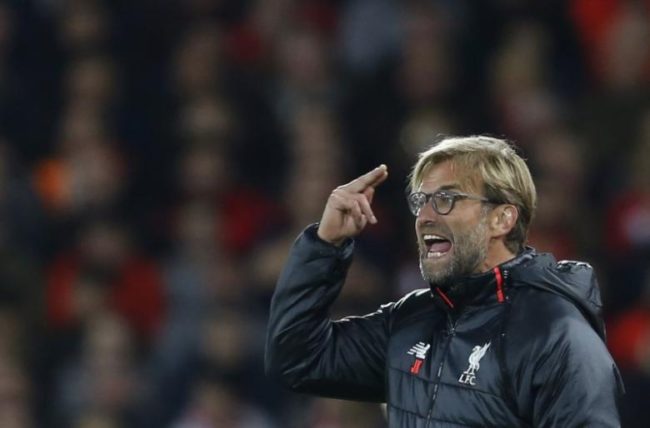06.09.17 For Coaches: Notes on ‘Means of Participation’
A topic I’ve been thinking about as I’ve watched coaches over the past couple of months is something I call ‘means of participation.’ It’s relevant during questioning. I’ve written about if for classroom teachers here . But it’s relevant for coaches too- questioning is important in building decision-making and reinforcing knowledge through recall practice but it’s not always as efficient as it could be. So I’ve adapted the notes I sent to a coach at an elite academy after I observing him recently to make the case more directly for other coaches. I should just add that he was one of the best coaches I’ve ever watched train and this feedback was given in that context. My notes pick up when, during a break in the small sided game, the coach paused his players and asked: “If I’m defending what do I do here?”
There was a ton of good questioning like this throughout the session. Given how much you value locked-in mental engagement throughout you sessions, I wonder if you want to consider introducing variations in—and being clearer about—the expected “means of participation.” That is, when you asked questions, for the most part they were posed to the group without specific direction about who should answer or how – so kids generally called out their answers. Or some kids did. Their responses to this question were a good example. Three or four boys called out ideas. Sometimes this is fine.
But I would wager that the degree to which kids answer and therefore engage in thinking about the questions you ask is highly asymmetrical. Some kids answered and engaged a lot of questions. Some kids maybe not so much. And the optionality of responding—kids can can choose not to—allows them to opt out of thinking if they want. Plus sometimes answering is not really engaging. You want them to think deeply and the most off-the-top-of-my-head-highly-verbal kid shouts out something off the top of his head. Reflection over.
In other words, when I can’t control ‘calling out,’ I can’t control wait time. And I might actually want kids to stop and think about a question before they answer rather than calling out their first thought. So one thing you could do is experiment with signaling to kids how you want them to engage your questions.
You might tell them that if you say “Hands” before a question that should cue them that they have to raise their hands. As in: “Hands: If I’m defending what do I do?” You can wait two, three, five,ten seconds if you like to make everyone think. You can give the slower more thoughtful kid a chance to respond.And then you could take a hand and hopefully 1) get a thoughtful answer 2) let more kids get their hands up and 3) call on a wider variety of kids. You can now distribute participation some and make kids slow down and think if you want.
Or you could make it the expectation that if you said “question” or “be ready” before a question that would mean that you were going to cold call and therefore that everyone should be ready- anyone could be called on the answer. As in: “Ready: If I’m defending what do I do?” [pause for two seconds… in this two seconds every player is answering the question in their head because they might get called on] “Ethan?” [He answers.] “Good and, Question, what if I win the ball? [pause] David?”
This allows me to target questions to certain players (e.g. my center mid; the kid who needs to think about this, the kid who won’t raise his hand, etc) and build a culture where every kid is always mentally ‘on.’ In that sense the benefits accrue to more kids than just those i call on because I’m building a culture where when you are at practice you are mentally as well and physically in the game.
By the way sometimes you could sometimes just ask a question in a way—with voice inflection rising on the last few words—that indicates that kids can just call out and that’s fine. it’s not always bad. But this way you’d be intentional about managing mental engagement during the lesson.





